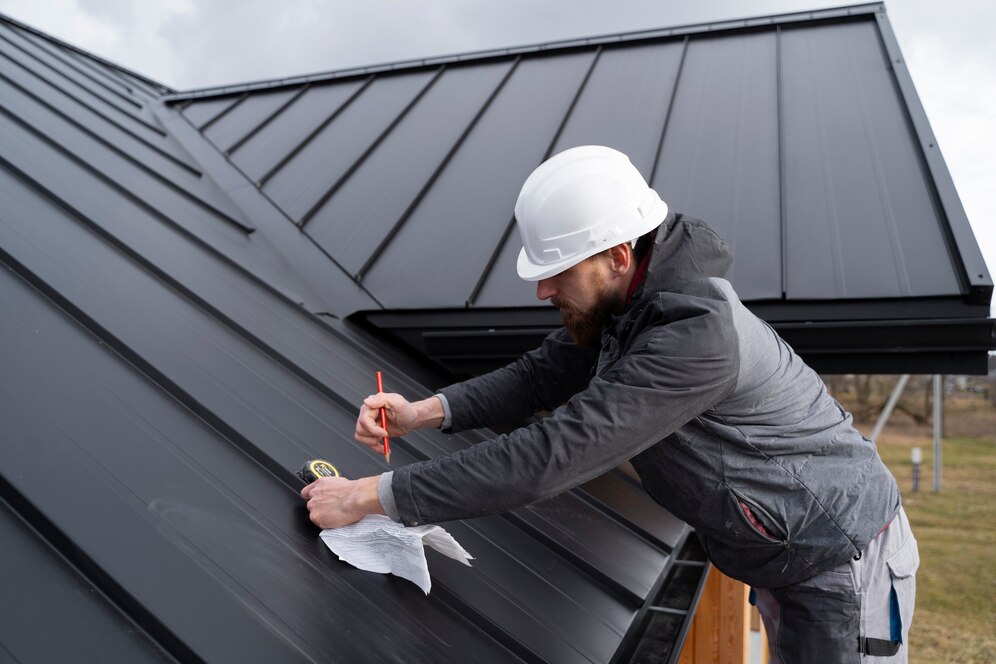How Solar Calculator Help You Choose Right Solar System Size

Switching to solar energy is a big decision, and one of the most important factors is determining the right solar system size for your home. Installing a system that’s too small may not cover your energy needs, while an oversized system can lead to unnecessary costs.
That’s where a solar calculator comes in. A solar calculator helps homeowners estimate the optimal system size, energy savings, and return on investment before committing to an installation. In this guide, we’ll explain how a solar calculator works, why it’s essential, and how to use it to make informed solar decisions.
1. What Is a Solar Calculator?
A solar calculator is an online tool that helps you determine:
The right solar system size based on your energy consumption.
Estimated cost savings by switching to solar.
The number of panels needed for your home.
Payback period and expected return on investment.
💡 Curious about your solar system size? Try using this solar calculator to get a customized estimate.
2. How Does a Solar Calculator Work?
A solar calculator considers multiple factors to provide an accurate estimate:
Your average monthly energy consumption (measured in kWh).
Your location to determine sunlight exposure and energy production potential.
Roof space availability to assess how many panels you can install.
Panel efficiency to estimate how much energy each solar panel can generate.
Once you input your details, the calculator provides a breakdown of your ideal system size and estimated savings.
3. Why You Should Use a Solar Calculator Before Installing Panels
A. Helps You Avoid Overpaying for an Oversized System
✔ A solar calculator ensures you don’t buy more panels than you actually need.
B. Gives You an Estimate of Long-Term Savings
✔ See how much you can save on electricity bills over 10, 20, or 30 years.
✔ Get a detailed comparison of initial investment vs. long-term returns.
💡 Want to analyze your potential savings? Check out this solar savings breakdown.
4. Finding the Right Solar Installer Based on Your Calculation
After using a solar calculator, the next step is to find a reliable solar installation company.
Compare multiple solar providers to get the best pricing.
Request solar quotes online from different companies.
Check reviews and warranties before choosing an installer.
💡 Looking for trusted solar providers? Use this solar comparison tool to get the best deals.
5. Choosing the Best Solar Installer for Your Needs
Look for certified and experienced professionals.
Ensure they offer warranties on both equipment and installation.
Ask about financing options if you prefer to pay in installments.
💡 Need help finding the right installer? Follow this guide to selecting the best solar installers near you.
Final Thoughts: Make an Informed Solar Investment
A solar calculator is a powerful tool that helps homeowners determine the perfect system size, estimate cost savings, and make confident solar decisions. By using a calculator before installing solar panels, you can ensure that your investment is efficient, cost-effective, and tailored to your needs.
🚀 Ready to find out what solar system size is right for you?